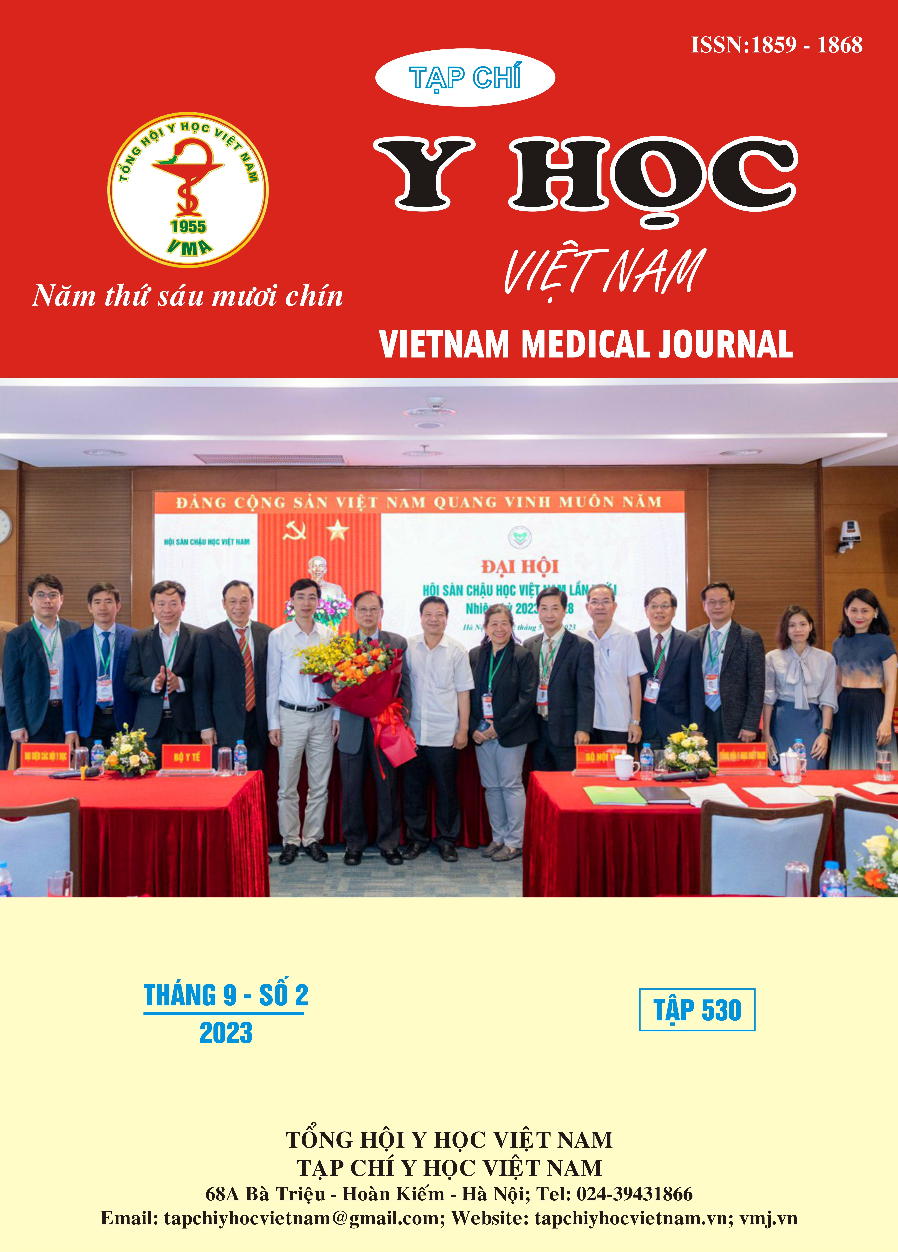ANTIBIOTICS USE OF HOUSEHOLDS LIVING IN THUONG THANH WARD, LONG BIEN DISTRICT, HANOI AND ASSOCIATE FACTORS
Main Article Content
Abstract
Antibiotics help lessen health burden of bacterial infections. However, irrational use of antibiotics would aggravate antimicrobial resistance, which has been increasingly complicated worldwide. A cross-sectional study was carried out to assess antibiotics use and its associate factors among households living in Thuong Thanh ward, Long Bien district, Hanoi. The research was conducted by Hanoi Medical College. Totally, 384 questionnaire interviews were implemented in the period from March to May, 2020 with representatives of the surveyed households who were chiefly responsible for their family’s medication. The findings indicate that the investigated households used antibiotics quite frequently (8.4 times per year in average); 92.5% of the households self-medicated with antibiotics; improper use was reported in their most recent time of antibiotics use; in general, up to approximately 1/2 of the households illustrating poor practices of antibiotics use. Participants’ age, education, occupation, knowledge and attitude about antibiotics were statistically associated with their family’s antibiotics use (p<0.05). Meanwhile, there was insignificant difference in households’ practice according to respondents’ gender and experience receiving guide/consultation from professionals/health workers (p>0.05).
Article Details
Keywords
: practice, behavior, use, antibiotics, antibiotic resistance.
References
2. Bộ Y tế (2013), Kế hoạch quốc gia về chống kháng thuốc giai đoạn từ năm 2013 đến năm 2020.
3. Nguyễn Thị Hải Hà và cs (2018), Kiến thức, thực hành và một số yếu tố liên quan về sử dụng thuốc kháng sinh của người dân phường Phú Diễn, quận Bắc Từ Liêm, Hà Nội, tạp chí Khoa học Công nghệ T194 S.01 (2019).
4. Trần Thế Hoàng và cộng sự (2017), Thực trạng sử dụng kháng sinh ở người dân tại xã Hợp Thành, huyện Phú Lương, tỉnh Thái Nguyên năm 2017, Tạp chí Khoa học và Công nghệ Đại học Thái Nguyên 177(01): 105 -109
5. Nguyễn Thị Thu Thủy và cs (2017), Khảo sát kiến thức, thái độ, hành vi sử dụng kháng sinh của khách hàng nhà thuốc tại một số quận nội thành thành phố Hồ Chí Minh, tạp chí Dược học T.57 S.1 (2017).
6. Pengchao Li et al (2020), Knowledge, Attitude, and Practices of Antibiotics and Antibiotic Resistance Among Chinese Pharmacy Customers: A Multicenter Survey Study, Antibiotics 2020, 9, 184; doi:10.3390/antibiotics9040184
7. Anant Nepal et al. (2019), Knowledge, attitudes and practices relating to antibiotic use among community members of the Rupandehi District in Nepal, BMC Public Health (2019) 19:1558 doi: https://doi.org/10.1186/s12889-019-7924-5
8. Global Antibiotic Resistance Parnership (GARP) – Vietnam National Working Group (2010), Situation Analysis on Antibiotic Use and Resistance in Vietnam 2010, view as: https://cddep.org/wp-content/uploads/2017/06/vn_report_web_1_8.pdf


